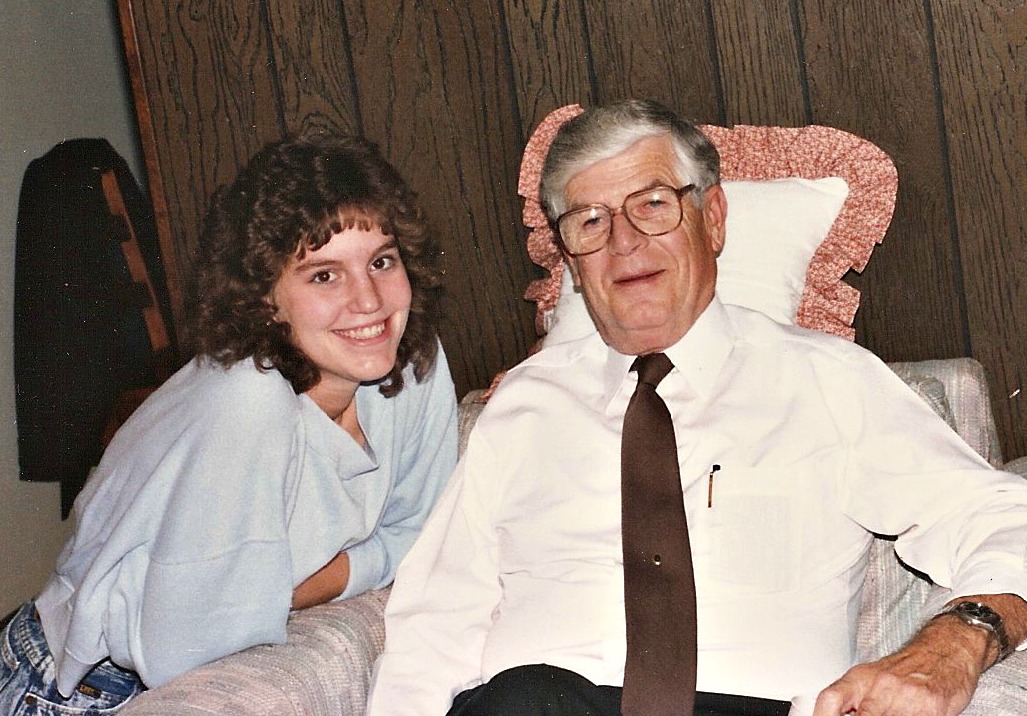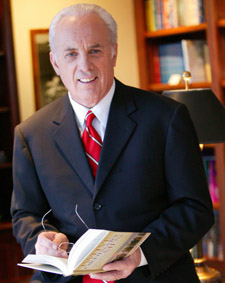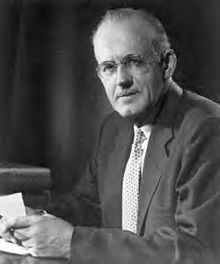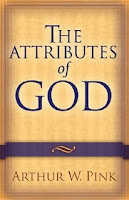Wednesday Wisdom: Five Lessons I’ve Learned From My Husband
My husband isn’t a writer. But he has taught me a lot, nevertheless. Today I am going to share with you a few of the valuable lessons I have learned from him. I didn’t bring these qualities to marriage and now I can honestly say, that while I don’t have these perfected, I have changed a lot for the better.
1. Don’t sweat the small stuff. He’s taught me not to get excited about the small stuff, because it isn’t worth the time, energy, or emotion. You have a flat tire? Just fix it and move on. There is a mouse in the house? Well, let’s set a trap and see if we can catch it. A customer is upset? Okay, let me call them and see what’s going on. Not too much ruffles his feathers. When we first got married, my feathers were very easily ruffled, so his approach took some getting used to for me. Eric has helped me see the uselessness of ruffled feathers.
2. So you don’t feel 100%? You still have a job to do. Get up and do it. I was one who would lay down on the sofa at the first inkling of not feeling well. But not Eric. He could have the stomach flu and he’d be working, because there was work to do. I learned that I could probably work through that headache or queasy stomach. By the way, I think he has learned from me that sometimes he needs to stop and let his body heal. We were definitely two extremes of this when we got married.
3. Something bad has happened? Let’s view it as a challenge and figure out how to fix it/change it/get through it. He has definitely taught me to view trials and challenges as ways to grow and change. And if you can’t figure it out, well, then you pray about it and get through it as best you can. Dwelling on the past, floundering in the murky waters of darkness, just isn’t an option.
4. It is always more effective to use honey than vinegar in any conversation. The use of respect and kindness is always the better choice in a difficult conversation than frustration and anger. This has been especially shown in his dealings with his customers. I would get frustrated that someone wasn’t paying and call them with that “tone” in my voice. Eric taught me that the “tone” doesn’t help me at all.
5. Look at the bright side. The Life is Good company has a t-shirt with a glass that is filled half-way and written above it are the words “half full”. That is my husband. The glass is always half full. Most situations have a good side to them. For example, a few months ago, as I bemoaned the kids growing older and the life changes that will come with that, he reminded me of all of the good times he and I will have together after they have started their own lives. It is all in perspective.
We have all learned lessons from our spouses, if we take a moment to think about it. One of the cool (and enormously frustrating!) things about marriage is that God often puts two opposite people together. If we can focus on learning from them instead of being irritated by them, it is so helpful. Of course, I still get irritated and I am still learning. But it is amazing what rubs off in 24 years.
What lessons have you learned from your spouse?











